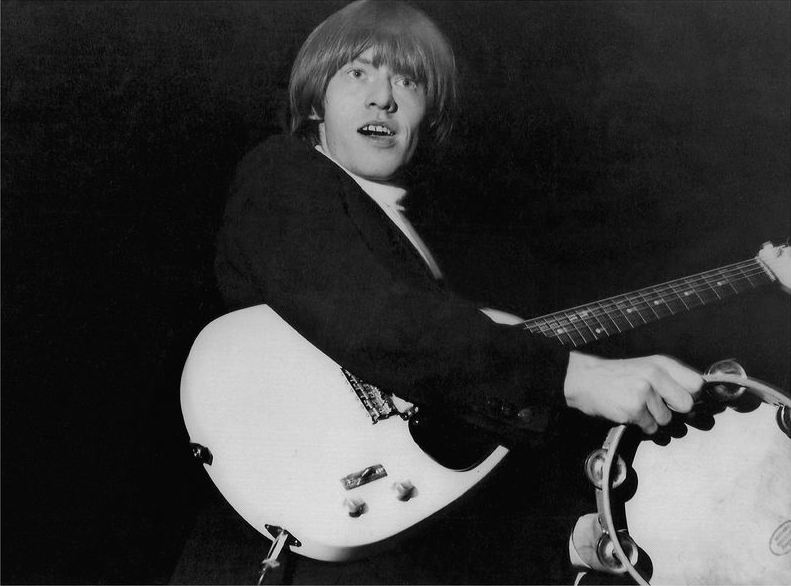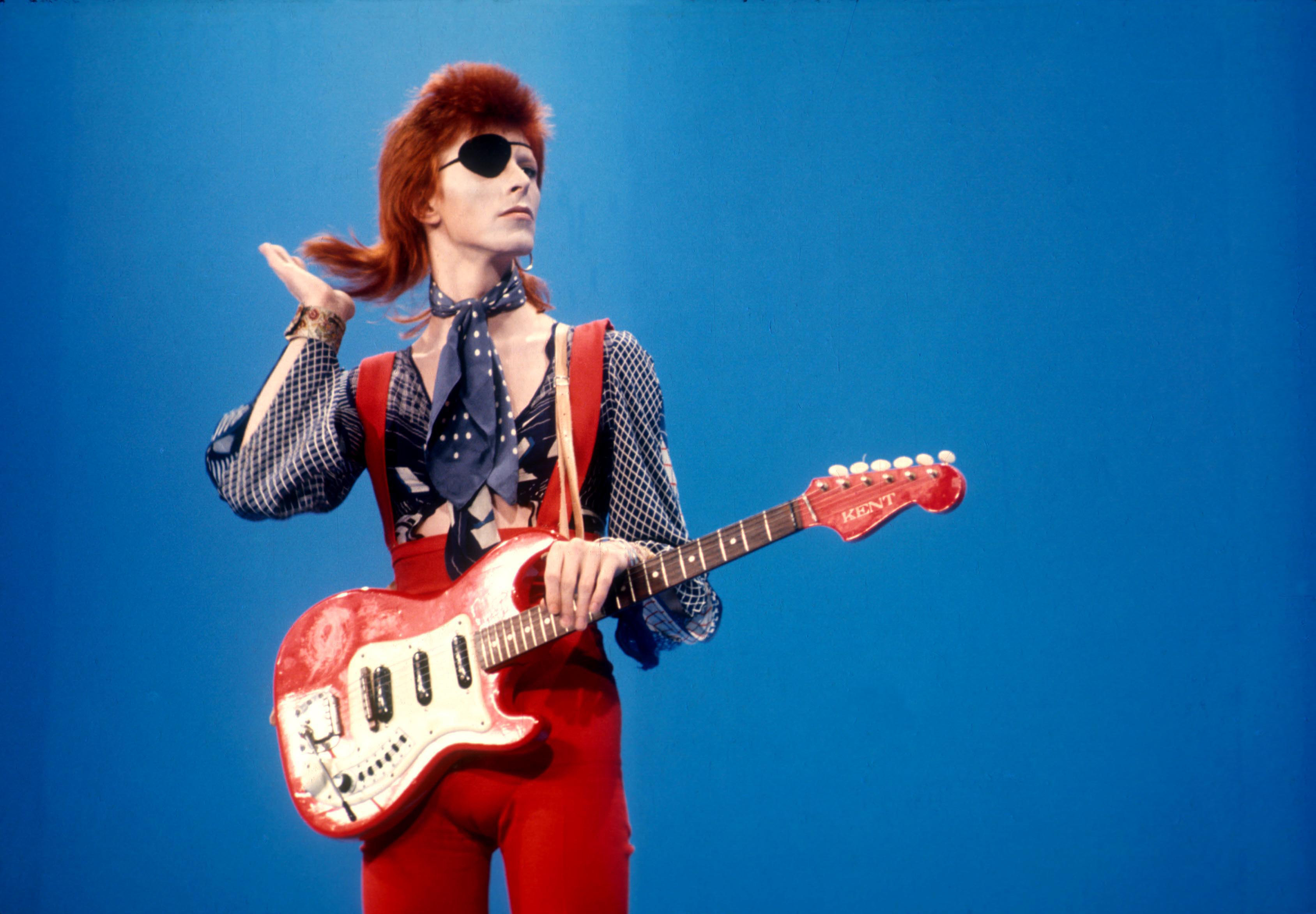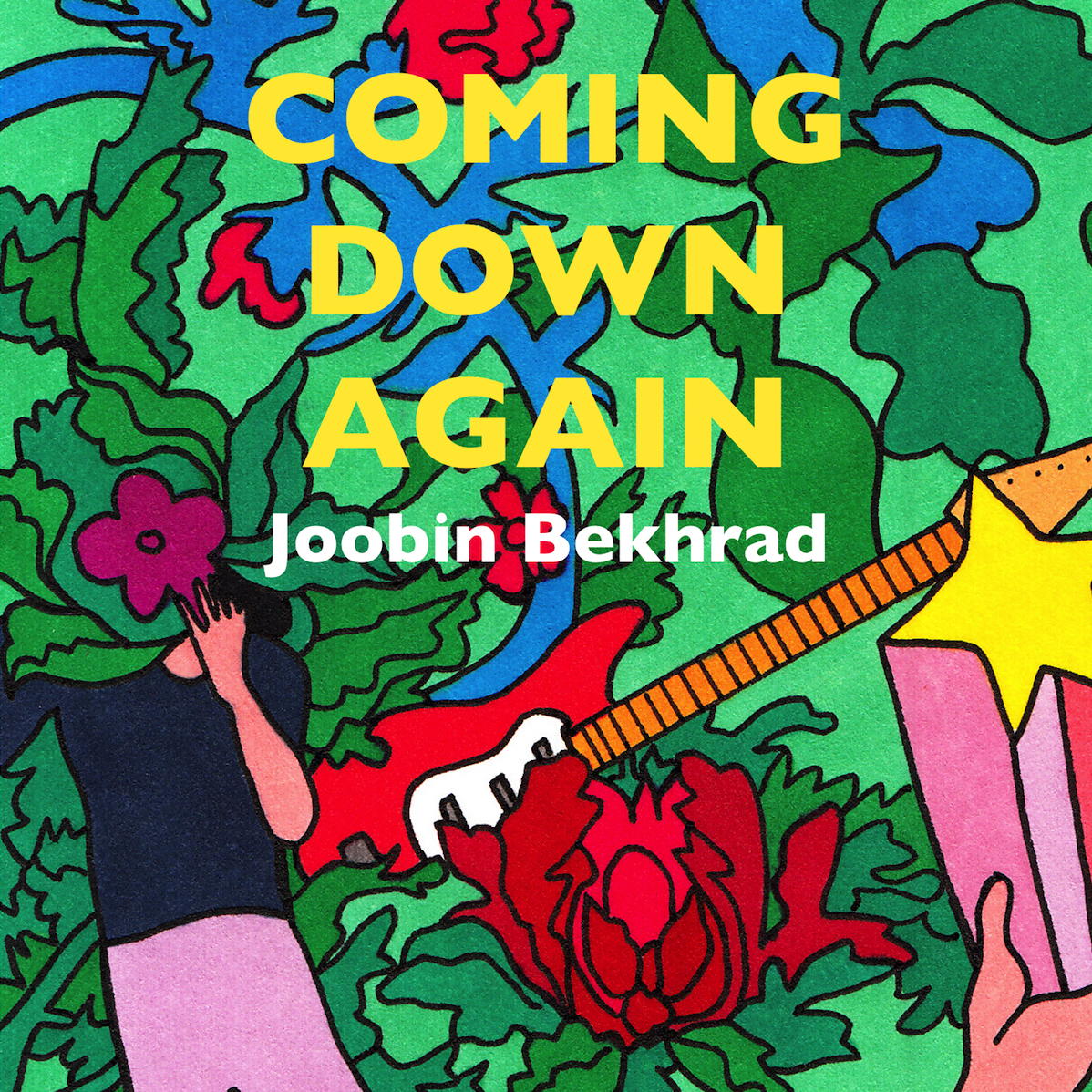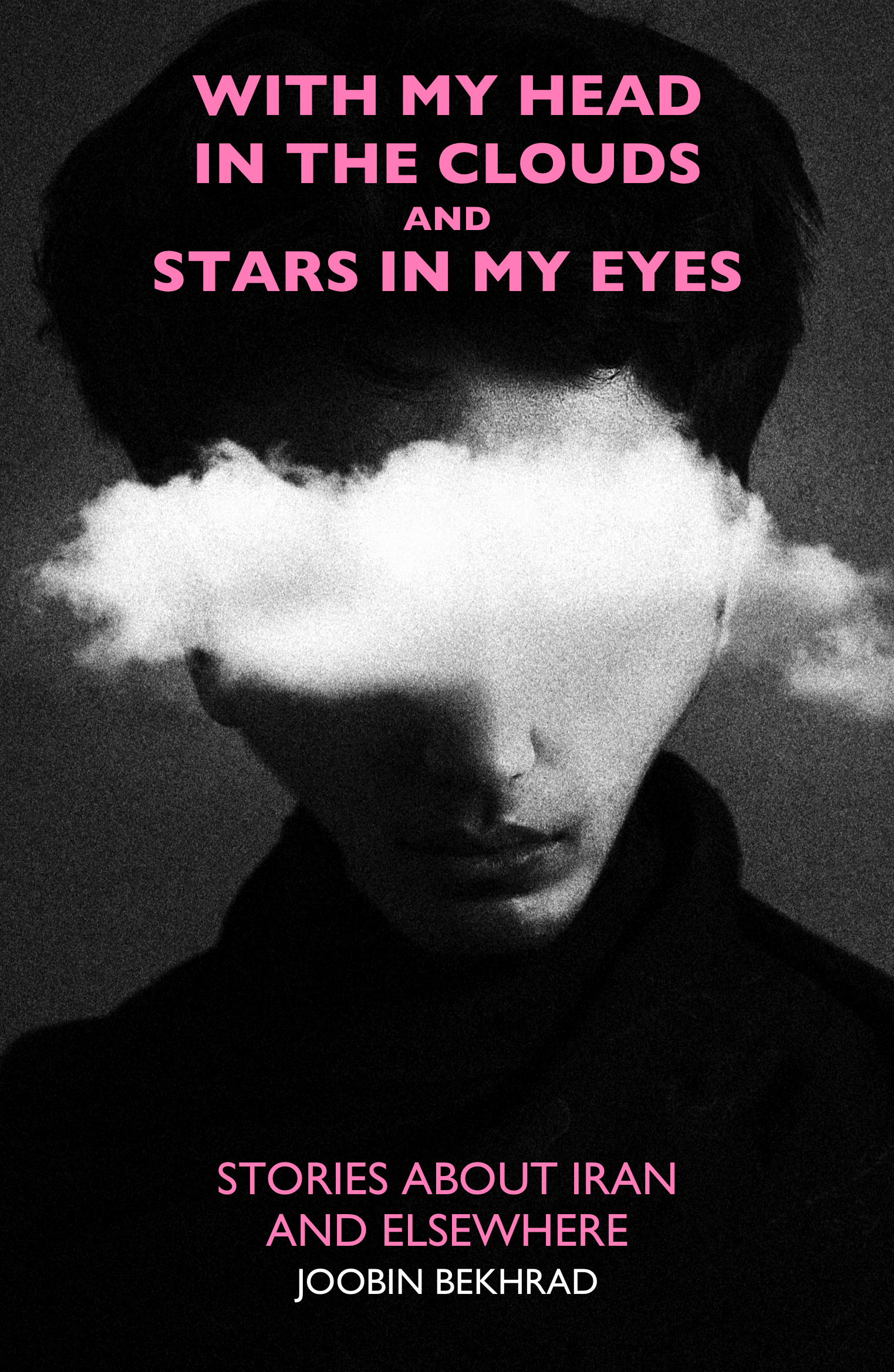REORIENT Editor Joobin Bekhrad opens up to rock and roller Salar Rajabnik
As an avid reader and follower of REORIENT, I was ecstatic to hear of Editor Joobin Bekhrad’s new book, Coming Down Again, and its premise, and couldn’t wait to get my hands on a copy. Once I finally did, I was just as impressed and enthralled as I’d expected to be. I related to it so deeply and was so moved by it, that I wanted to take over, and for once, put Joobin in the hot seat and ask him about the process behind writing Coming Down Again.
It’s good to finally speak with you!
Yes, at long last! It’s been too long.
It has. We’ve been emailing back and forth, and I’ve been bouncing between coasts like a rubber ball.
You’re in Kansas City, right? The States’ best-kept secret!
Yeah, it’s the dead-centre of the United States, and what a lot of people would refer to as ‘fly-over country’, and I don’t want to let the cat out of the bag, but it’s quite an underrated place, and kind of a nice place to lay low when I’m not in Los Angeles … It’s like a baby Chicago.
Baby Chicago … That’s how some have referred to Toronto, too. We also describe it as a ‘cleaner, safer New York City’ – meaning, essentially, boring. But, anyway – lets pick up where we left off earlier. We were discussing – as you put it – ‘Telecasters and tahdig.’ In other words, rock and roll and Iran.
I have to say – for a piece of literature, it has such a musical tone to it. It’s got so much music in it that you can almost hear the songs as you’re reading it. I wanted to explore this deeper and also ask you: were you ever a musician yourself?
I’ve been one all my life. Not a professional one, though – I don’t perform or record; I only play for myself. I first started out with the piano as a little boy, and hated every second of that. I guess my parents forced piano lessons on me (just like they coerced me into attending Persian classes on Friday nights) as it was the thing to do at the time. All the bright kids in school played the piano – or other unappetising instruments, like the violin, etc. – and they’d probably wanted me to join their company. My cousin Sheragim also used to play the piano whenever we’d go to my mum’s uncle’s house. Maybe he was the root cause of my suffering!
It took me years to recover from high-school and the hatred for reading and writing my teachers had instilled in me
I was always into rock and roll, though – never the music I was forced to play on the piano. My first record was the Stones’ Bridges to Babylon, and I’m really proud of that, as most people’s first record purchases are quite cringe-worthy; that’s probably why Noel Gallagher once advised kids to wait until turning sixteen before buying any records. I guess I was ahead of the game! But I have to give my dad all the credit; he was the one who recommended I buy it at the record store.

‘That’s the one!’ (Brian Jones of the Rolling Stones with his Vox Mark III ‘teardrop’ guitar in the mid-sixties)
When I was around twelve years old, I decided to muster up the courage to ask my parents to buy me a guitar. I knew exactly which one I wanted, too. Do you remember Brian Jones’ white Vox teardrop?
Yeah.
That was the one. They’d stopped manufacturing it at the time, unfortunately, and so I ended up with a Mexican Stratocaster. The rest is history! Rock and roll, aside from writing, is what my life revolves around, really. It’s wired in my DNA. I grew cold to it at one point, when I rediscovered my Iranian heritage, but it came back with a vengeance. It’ll kick me before I kick it!
It seems like that innate sense of rock and roll being a part of your identity definitely influenced the tone of the book. It reads more like a piece of Beat writing; it doesn’t have a traditional, linear plot, which is one of the things I enjoyed about it the most. Was that intentional? What were the drafts of the book like?
You don’t want to know. It was agonising writing this particular book! It all began with a series of images I had in my head, particularly that of the electric guitar. For some reason, I knew exactly what colour it had to be, too: cherry-red. I wanted to do something with these images, and translate them onto paper, and started writing the first draft in early 2015. It was plot-driven, and really different in many respects. It took place in London, and not Tehran, for instance. I was away most of the year, and sort of left it hanging …

Ziggy played [a cherry-red] guitar (David Bowie as Ziggy Stardust during the filming of the promo for Rebel Rebel in 1974; photo by Barry Schultz)
I think it’s such an immersive read. It’s easy for me to say as an Iranian-American rock and roller, though; there are quite a few parallels between my own life and that of the protagonist. But, regarding emotion specifically, the way that you chose to go about addressing this character and his world was so immersive. In fact, I’ve kept something from a previous email; I think it was my initial knee-jerk reaction to reading it:
The ambience and lack of a traditional plot were some of the things I liked the most. While it wasn’t full-on stream-of-consciousness-style, it was also lucid enough to take the reader on a journey into the main character’s mind. Your descriptions of his life and experiences in Tehran were so vivid, that even if I hadn’t spent some of my youth there, I would have totally felt immersed in the setting. You certainly captured an emotion, and more.
There’s quite a lot of sense imagery in the book as well. Do you feel that your writing style came about as a result of how tongue-in-cheek a lot of rock and roll lyrics can be?
Hah. Yes! There are loads of references to rock and roll lyrics, albums, etc., but I haven’t included any footnotes; that would have been boring, no? I like to leave clues for readers to piece together. And sensory? Definitely, because my writing has always been … flowery (for lack of a better term!). Going back to your comment about being able to hear the songs as you read the book – I was hearing them in my mind. Music informed everything in this case, from the character to the mood, the language … Colour, also, as silly as it may sound. I often think in terms of colour when I write. It’s difficult to describe; you feel purple, or have painted a red-hued image in your mind that you’re itching to knock out on paper.
I’m all for flowers and colour, but I fear my style may strike some as passé. I don’t know. Most of what I’m reading these days is ancient (literally), but I have noticed in contemporary novels that – as I wrote in Yashar, My Hero – many writers are favouring brevity above all. Choppy, terse sentences, a profusion of periods … It’s certainly interesting, but just not me. I think I chose a rather fitting title for my forthcoming book: With My Head in the Clouds and Stars in My Eyes. Flowers all the way!
One of the other things I appreciate about the book is that it references so many people and so many places and times where there was quite a lot of passion and intensity. Even the golden era of rock and roll, where people were sort of glammed up to the nth degree, and were displaying so much attitude – that really comes through the book as well. I think I’d also written to you that, like so many of my favourite songs, the book was written with a sort of simultaneously decadent, yet unassuming feel. It’s the story of this teenage kid who’s confused and figuring things out; but the tone is poetic, and also bare, in a way … It kind of reminds me of Ronnie Lane’s writing with the Faces.
Really?
Yeah, songs like Glad and Sorry.
It’s all coming back now. I used to be a Faces junkie, and thought at one point that they were better than the Stones, even!
A very worthy argument. I know some would consider it blasphemy, but the Faces were known to be the only band that could out-party the Stones. Yeah … the mix between poetic prose and rock and roll, off-the-cuff writing is one of the things I enjoyed about the book.
Thank you!
Of course. We were talking about the fact that you’re also a musician and not only a writer. You also referred to a moment in time where you left the idea of finishing the book on the shelf. Did you ever feel you were going to be a rock and roll star and not a writer?
I’d never wanted to be a writer, actually. It took me years to recover from high-school and the hatred for reading and writing my teachers had instilled in me. I’d always wanted to be a guitarist, but, at the same time, knew it wasn’t a possibility. Maybe it’s because of my Iranian upbringing. My parents are really liberal, but still, it wasn’t negotiable that I had to at least get a master’s degree. My parents talked about music as something I could do on the side, or even as a full-time gig after I’d studied something worthwhile. I take it back – it was a possibility; I just didn’t think it would happen.
Writing came afterwards … It took a while for me to discover myself as a writer. I’d been so turned off by writing in high-school that I wanted to study in university something involving as little writing as possible, like medicine. You don’t know how destructive high-school teachers can be.
I just want to say that you’re primarily known as a writer and an editor, I think you are the most rock and roll writer I know. I think there’s an inherent, natural blend of a classical approach with a rock and roll, off-the-cuff, raw, real feel. I think that’s one of the things we all enjoy about your work and your writing. What else are you working on at the moment?
Oh boy. I just submitted the final draft of the manuscript of my forthcoming book, With My Head in the Clouds and Stars in My Eyes: Stories About Iran and Elsewhere. That should be out by the end of summer. I’ve also written a book of poetry rooted in ancient Iranian imagery and symbolism, which I hope to release very shortly. As well, I need to get started on my next work of fiction. It’s again going to deal with an Iranian protagonist, but this time, will be set in Toronto (or, ‘Tehranto’, as we call it here). REORIENT will keep on chugging along, as usual!
Joobin Bekhrad’s ‘Coming Down Again’ is available via Amazon. For reviews, visit his personal website at joobinbekhrad.com. Salar Rajabnik’s debut solo album, ‘Black & White World’, will be released on June 9. For more information, visit salarrajabnik.com.
Cover artwork by Melodie Hojabr-Sadat.


